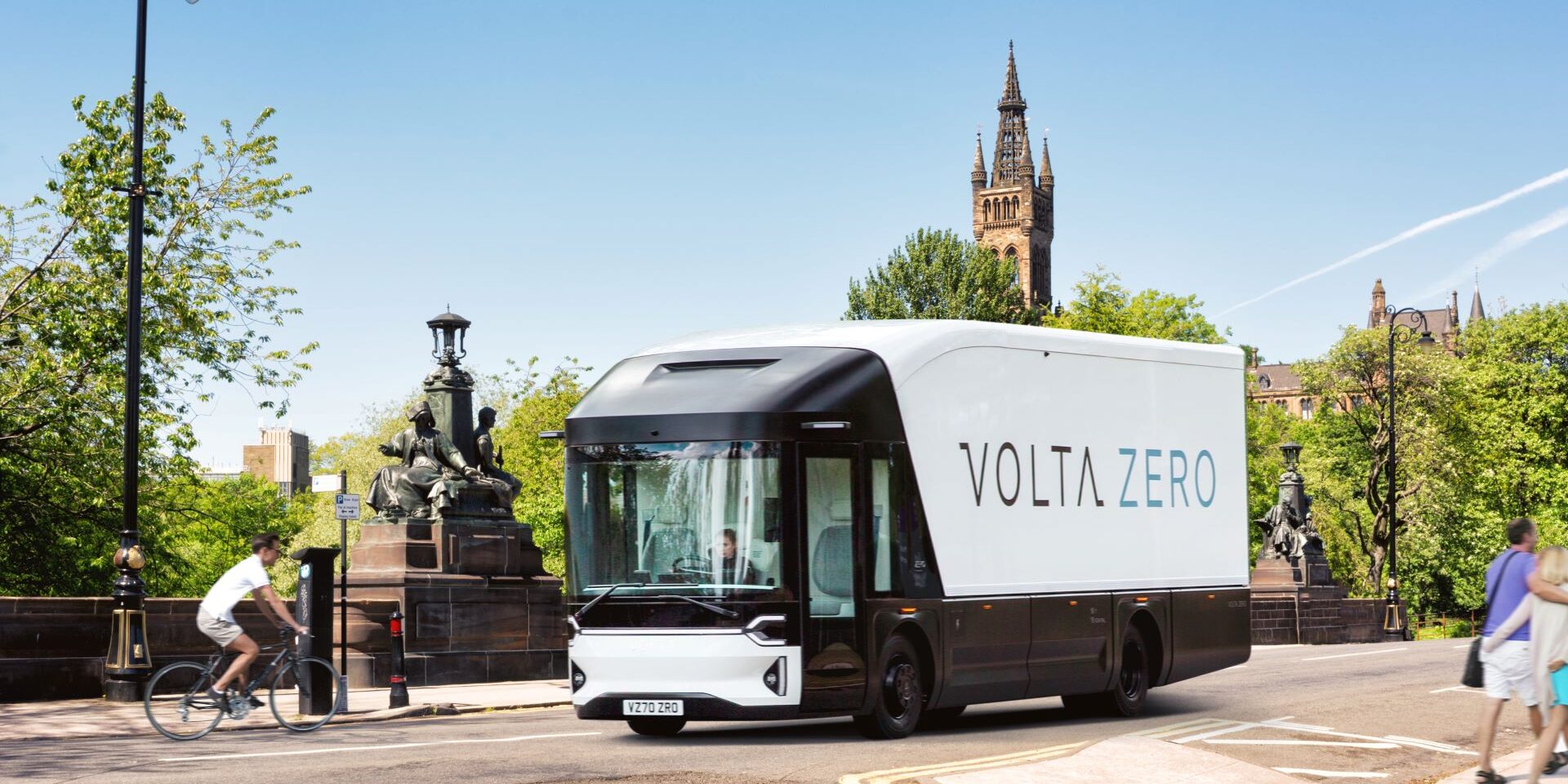At the end of next month, the UN climate change conference COP26, delayed from November 2020 because of the pandemic, will begin in Glasgow.
Running between October 31 and November 12, COP26 (which stands for Conference of the Parties) will bring together world leaders, Government ministers, and negotiators, but also representatives from civil society, business, international organisations, and the media with the continuing aim to jointly address climate change.
The first of these conferences, COP1, was held in Berlin in 1995, making this the 26th running of the meeting.
Back in 2015, at COP21, almost every country in the world signed the Paris Agreement, a treaty that aims to keep the rise in average global temperature to under 2 degrees above pre-industrial levels. Ideally, the rise would be halted at just 1.5 degrees – a significant difference.
As part of the Paris Agreement, each signatory country is required to decide themselves by how much they aim to reduce emissions by certain milestones and submit those objectives to the UN every five years via nationally determined contributions (NDCs)
The problem with the NDCs submitted in 2015 is that they were nowhere near ambitious enough to limit global warming to under 2 degrees, let alone 1.5 degrees. As this is technically five years on from COP21, countries will be expected to submit new – and significantly more ambitious – NDCs.
As a benchmark, to have any chance of limiting warming to 1.5 degrees, global emissions must halve by 2030 and reach ‘net zero’ by 2050, making COP26 the most important such meeting since the Paris Agreement was formed.
Clearly, the automotive sector is a key element in the decarbonisation journey; in fact, so important is it that COP26 will dedicate a whole day to the automotive industry’s contribution to the cause.
However… our concern at Volta Trucks is the potential lack of ambition from the signatories of the conference, not to mention the absence of a ‘hard and fast’ timeline for the lowering of emissions. Paris has led the way by banning diesel-engine trucks at the end of 2023. and we need to see similar levels of ambition from other leaders.
What we don’t need from COP26 is more pledges or targets. Because what is really needed is immediate action and access to the right technologies, especially in the crucial logistics sector of the automotive industry.
What’s more, there is no need to wait to take that action. The technology to electrify logistics fleets and make a tangible and substantial contribution to improve air quality exists now in the form of the Volta Zero. This is not a futuristic concept– it is an operational vehicle, available to order today and which will be trialled on Europe’s roads by customers in mid-2022 ahead of the start of series production at the end of 2022.
So, what we at Volta Trucks are calling for from COP26 is not a revised set of unspecified aims with an equally ambiguous timeline. That’s not what the world needs right now.
What we need is legislation that helps businesses adopt zero-emissions technology that is ready to roll today. What we need is action, not talk. What we need is trucks, not targets.

